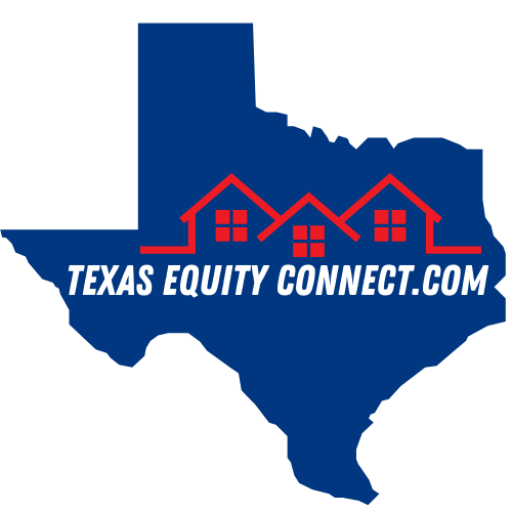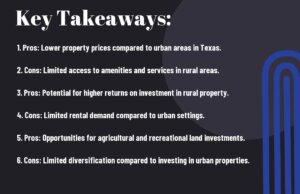If you’re thinking about investing in a rental property, you might be weighing the costs and potential income. If so, you’re probably wondering: “How much cash flow do you need for a rental to make sense in Texas?” This is a great question, and the answer might surprise you…
Cash flow. It’s the reason why most real estate investors acquire rental property! So perhaps you’re wondering how much cash flow do you need for a rental property to make sense in Texas – GREAT question.
The answer is challenging to give (because the number is different for everyone) but here a few ways to figure it out for yourself…
Understanding Cash Flow in Rental Property Investments
Cash flow is the primary reason why most real estate investors acquire rental properties. It’s crucial to determine how much cash flow is necessary for a rental property to be a worthwhile investment in Texas. While the answer varies depending on individual circumstances, here are a few ways to figure it out for yourself.
Other Articles You Might Enjoy:
Determining the Necessary Cash Flow
1. Realistic Expectations
Many investors aim to start with a highly profitable, cash-flowing property. However, this isn’t always the reality. For example, millionaire real estate expert Robert Kiyosaki’s first investment generated just $25 in positive cash flow each month. Today, Kiyosaki is incredibly successful and wealthy, demonstrating that even modest beginnings can lead to substantial wealth.
Setting realistic expectations is key. Instead of fixating on a large cash flow amount each month, consider whether you’ll end the month with more money, the same amount, or a loss. Surprisingly, all of these scenarios can be viable options, depending on your long-term strategy.
2. Cash Flow Scenarios
- Cash Flow Negative: This occurs when your expenses exceed your income. While many investors seek to avoid this scenario, it isn’t necessarily detrimental if the difference is small or if it’s a short-term situation. For instance, temporary cash flow negative properties might make sense if you’re leveraging borrowed money for the investment and anticipating future gains.
- Cash Flow Equivalent: Here, your monthly expenses match your income. If you start with a cash flow negative property, your goal should be to reach this break-even point as soon as possible. Achieving cash flow equivalence indicates you’re on the path to profitability. Maintaining this level might also position you for a profitable sale of the property in the future.
- Cash Flow Positive: This is the ideal scenario where your income exceeds your expenses each month. As Kiyosaki mentions in his book “Cash Flow Quadrant,” he would purchase investments with even $80 in positive cash flow per month and continue to acquire as many as possible. Reaching and surpassing this level is attainable with the right strategies and property management.
Conclusion: How Much Cash Flow Do You Need?
So, how much cash flow do you need for a rental property to make sense in Texas? Probably less than you think! Even a modest positive cash flow, as low as $25 per month, can be the starting point of a profitable real estate investment journey. In some cases, temporarily negative cash flow investments can also be strategically sound, especially if they lead to long-term gains.
The key is to evaluate your financial goals, understand the market, and manage your expectations. With careful planning and realistic objectives, investing in rental properties can be a rewarding venture.
Want to see what cash flowing rental properties we have available? Call our office at (346) 214-6340 or click here now and fill out the form.

About The Company
Texas Equity Connect is a premier real estate investment firm dedicated to uncovering off-market property deals across Texas. We streamline the process by presenting these exclusive opportunities directly to our network of investors, eliminating the hassle of deal-hunting. Join our VIP Investors List to receive top-tier deals delivered on a silver platter.
Other Articles You Might Enjoy:
- Rental Property Operating Expenses: What Every Landlord Should Know

- Ultimate Guide: Finding Off-Market Properties in Texas

- Pros & Cons of Investing In Rural Property Texas

